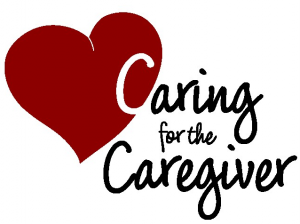
Anyone caring for the ill or elderly people needs to know a few caregiver survival tips. Caregiver burnout is a reality that can drain physical and psychological resources to the limit.
Caring for a family member who is ill or disabled can be a draining, depleting experience that calls for adjusting schedules and setting priorities, according to experts. The solution is effective time management that gives you some breathing room during demanding days.
Caregiver Survival Tips
Focus on what must be done and put other items into a “can wait” category. Do the most demanding things first, at the beginning of the day when you’re at your best. Be flexible so you can handle unexpected demands.
Make Some Time For Yourself
Failing to eat healthfully, exercise and allow yourself some “down” time to restock and restore can quickly lead to burnout. Try to prepare some healthy snacks, rather than grabbing what’s fast and convenient. (How come that seems to include everything you have an appetite for?)
Some physical activity, such as a walk, can help defuse stress and give you a mental lift. Don’t let your caregiving responsibilities keep you from getting adequate rest. If your patient naps, you do the same.
Use Technology To Help With Time Crunches
You may spend a lot of time in medical settings with your “patient.” Use a smartphone or other portable device to make use of waiting time to keep others updated, check your emails or simply listen to music or podcasts for a break.
Organize And De-Clutter
Caring for a person who is ill or otherwise in need of constant attention can be stressful. Messiness in the surroundings can multiply that stress. An organized environment will make it easier to deal with the demands of caregiving. Clean up messes as you go. Have a place for everything and keep “stuff” in its proper place. That takes a lot less time than cleaning up when things get into disarray.
Know And Acknowledge Your Limitations
Be honest about how much you can give to the demands placed on you. Often, the person being cared for is a loved one and you may be tempted to push yourself beyond your limits to provide the needed care. But failing to recognize signs of burnout may be detrimental to both you and the person for whom you are providing care. If it is possible, build a network of family or friends who can give you a needed break now and again. Look into community and social resources for help as needed. Physicians and other caretakers may be able to offer suggestions.